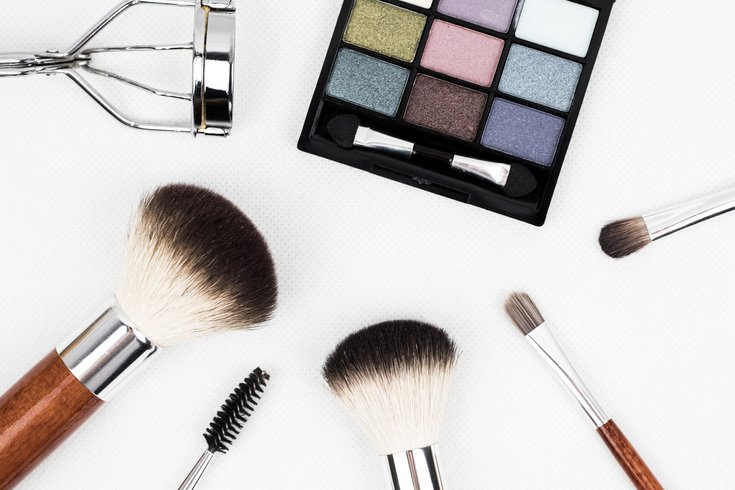
June 15, 2021
 Kinkates/Pixabay
Kinkates/Pixabay
The researchers screened 231 cosmetic products purchased in the U.S. and Canada. Fifty-two percent of all the cosmetics tested had high levels of fluorine – a very reactive chemical element found in PFAS.
Per-and polyfluoroalkyl substances are potentially toxic chemicals that don't easily break down, not only lingering in the environment, but also inside the body. A new study raises concerns over the presence of these chemicals in makeup products.
Referred to as PFAS, these chemicals are man-made and are often used in food packaging, nonstick cookware and other products including cosmetics, because they are resistant to oil, grease and water.
The problem is that some of these chemicals have been linked to cancer, obesity, infertility risks, thyroid disease, a weakened immune system and more severe COVID-19 outcomes. They have also contaminated the drinking water of many Americans.
PFAS were detected in the blood of 97% of Americans in a 2015 U.S. Centers for Disease Control and Prevention report.
The toxicity level of all these chemicals have not be properly studied yet, but researchers at the University of Notre Dame identified at least four PFAS of concern in makeup products.
For their study published in Environmental Science & Technology Letters, Graham Peaslee, professor of physics at the University of Notre Dame, and his team found high fluorine levels – a possible indicator of the presence of PFAS– in most of the waterproof mascara, liquid lipsticks and foundations they tested.
It is important to note that chemical fluorine is different from the inorganic fluorine added to drinking water.
Overall the researchers screened 231 cosmetic products purchased in the U.S. and Canada. Fifty-two percent of all the cosmetics tested had high levels of fluorine – a very reactive chemical element found in PFAS.
Broken down into cosmetic sub-categories, 55% of 60 lipsticks, 63% of 43 foundations and 47% of 32 mascaras tested all had high fluorine levels. No specific company names were listed in the report.
Some of the products with high fluorine levels went under further analysis and were confirmed to have the presence of at least four PFAS. Most of the products with high fluorine levels, including those with confirmed PFAS, however, did not list PFAS on their label.
"Lipstick wearers may inadvertently eat several pounds of lipstick in their lifetimes," Peaslee said. "But unlike food, chemicals in lipstick and other makeup and personal care products are almost entirely unregulated in the U.S. and Canada. As a result, millions of people are unknowingly wearing PFAS and other harmful chemicals on their faces and bodies daily."
Besides ingestion concerns, the researchers say that the chemicals can be absorbed through the skin and tear ducts.
Because of lack of proper labeling, it is hard for a customer to avoid cosmetics that contain these potentially harmful chemicals by reading labels, the researchers explained. Although they did find that products that contained PFAS were more likely to be advertised as "wear-resistant" or "long-lasting."
PFAS that have been listed on labels, according to the Environmental Working Group, include PTFE, Perfluorononyl Dimethicone, Perfluorodecalin, C9-15 Fluoroalcohol Phosphate and Perfluorohexane.
"PFAS are not necessary for makeup. Given their large potential for harm, I believe they should not be used in any personal care products," said Arlene Blum, a co-author of the study and executive director of the Green Science Policy Institute.
"It's past time to get the entire class of PFAS out of cosmetics and keep these harmful chemicals out of our bodies."
Some legislators, cosmetic companies and retailers are working on doing just that. According to the Washington Post, Senators Susan Collins (R-Maine) and Richard Blumenthal (D-Conn.) introduced on Tuesday the No PFAS in Cosmetics Act.
"Our bill would require the Food and Drug Administration to ban the addition of PFAS to cosmetic products," Collins said in a statement.
"Americans should be able to trust that the products they are applying to their hair or skin are safe."
L'Oreal committed eliminating PFAS from its products in 2018 and both California and Maryland have banned toxic chemicals in cosmetics, but the laws don't go into effect until 2025.
Some retailers like Walmart, Walgreens, Target, Rite Aid and CVS have also committed to eliminating toxic chemicals from beauty products, CNN reports.